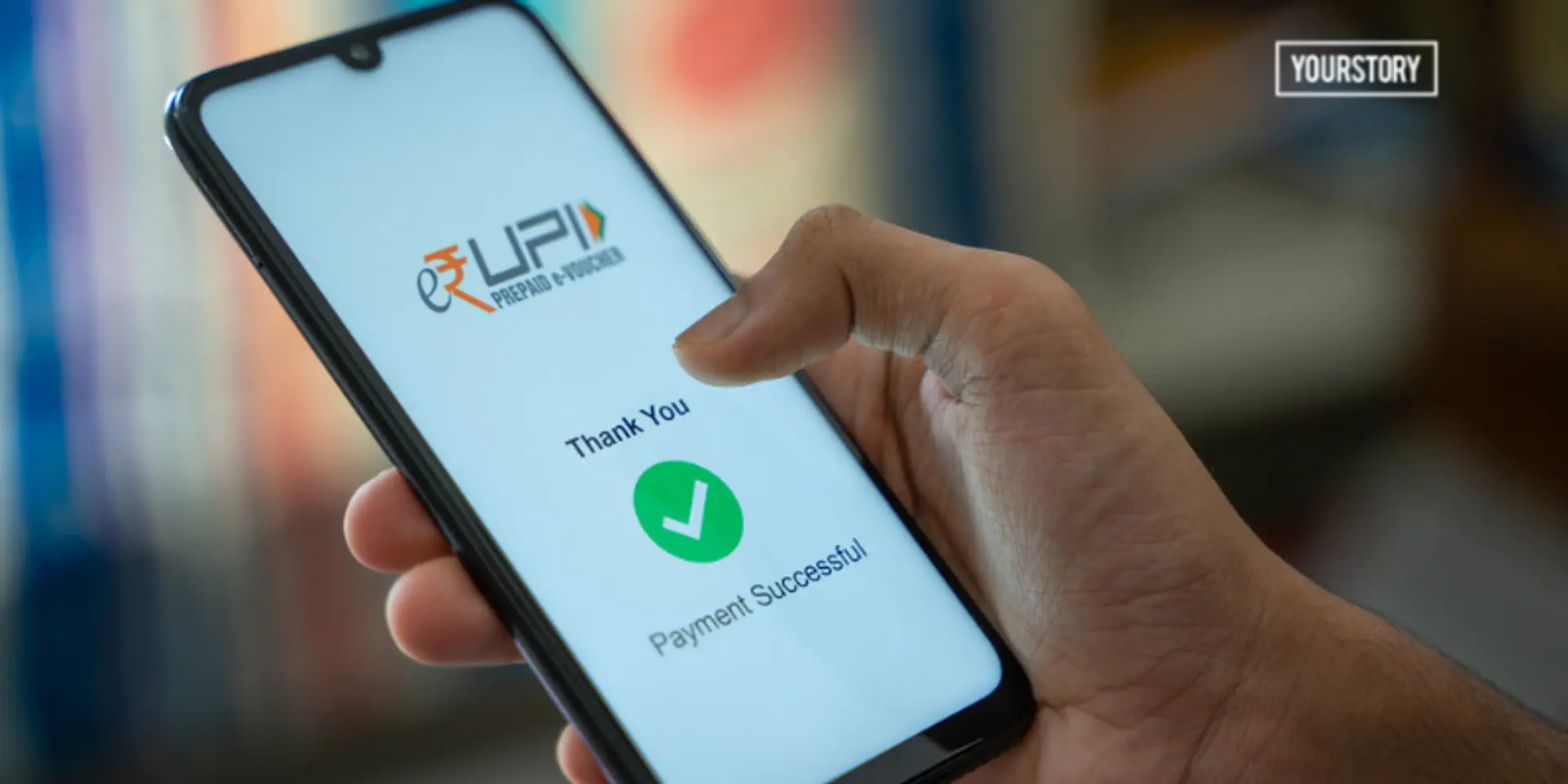RBI proposes feature that lets you converse with an AI-powered system and pay via UPI
Conversational Payments on UPI will allow users to engage in a conversation with an AI-powered system to initiate and complete UPI payments. In another decision, the RBI raised the transaction limit of UPI-Lite to Rs 500 from Rs 200.
You may soon be able to converse with AI-powered systems to make payments on UPI (unified payments interface).
This proposal was made by the Reserve Bank of India governor Shaktikanta Das during the Monetary Policy Committee meeting held on Thursday.
“As AI (artificial intelligence) is becoming increasingly integrated into the digital economy, conversational instructions hold immense potential in enhancing the ease of use and, consequently, reach of the UPI system,” according to the Statement on Development and Regulatory Policies, which was released at the meeting.
This means users will be able to make payments through a chat or a messaging conversation, which would be conducted through AI and processed by the payment provider.
“It is, therefore, proposed to launch an innovative payment mode viz., 'Conversational Payments' on UPI, that will enable users to engage in a conversation with an AI-powered system to initiate and complete transactions in a safe and secure environment,” the proposal read.
The feature would be available on both smartphone- and feature phone-based UPI channels. It would be initially available in Hindi and English and later include other languages.
Instructions to NPCI will be issued shortly, said the proposal.
Payment limit on UPI-Lite increased to Rs 500
In another decision, the central bank raised the transaction limit of UPI-Lite to Rs 500 from Rs 200.
UPI-Lite is a simplified version of the original UPI payment system and allows users to make small-value transactions without using a PIN or the internet.
While regular UPI transactions have a daily limit of Rs 1 lakh, UPI-Lite transactions were capped at Rs 200, which now has been enhanced to Rs 500. The upper limit is, however, retained at Rs 2,000 to contain the risks associated with the relaxation of the two-factor authentication.
“To increase the speed of small value transactions on UPI, an on-device wallet called “UPI-Lite” was launched in September 2022 to optimise processing resources for banks, thereby reducing transaction failures. The product has gained traction and currently processes more than ten million transactions a month,” the governor noted.
To further promote UPI-Lite, plans are underway to introduce transactions using Near Field Communication (NFC) technology, a wireless technology that allows phones to exchange information over a distance of about 4 cm.
Users will be able to make ‘tap-to-pay’ payments through their NFC-enabled smartphones using a payments app in areas where there is low connectivity or no internet/telecom zones. Further, this ensures speed with minimal transaction declines.
Players like Cred and Paytm have recently introduced this service while many smartphones are working on their devices to integrate the technology.
“By removing the need for two-factor authentication for small value transactions, these channels enable faster, reliable, and contactless mode of payments for everyday small value payments, transit payments etc. Since then, there have been demands for enhancing these limits,” the RBI MPC statement said while mentioning the reason behind the increase in transaction limit.
“To encourage wider adoption of this mode of payments and bring in more use cases into this mode, it is now proposed to increase the per transaction limit to Rs 500,” he said.
Edited by Affirunisa Kankudti







